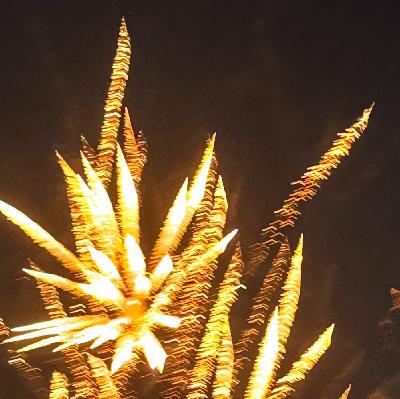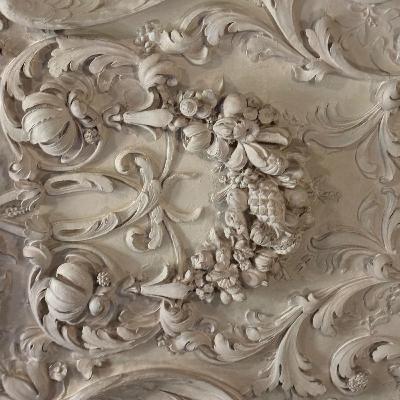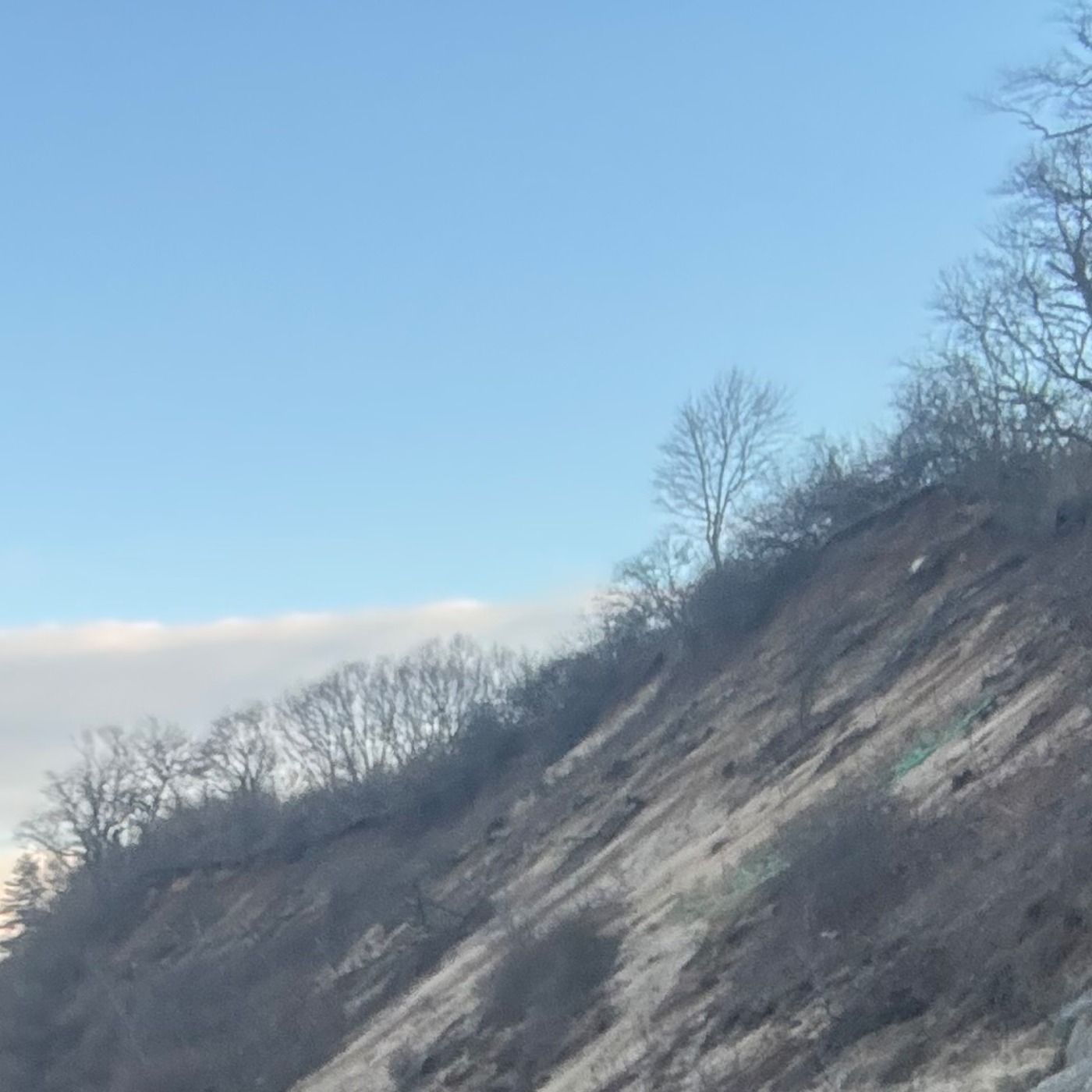Tolstoy affirms that only the will of the Deity, who is not dependent on time, can make sense of any monumental event or series of events.
Tolstoy acknowledges his belief in an omnipotent God, who determines the Way. This majestic being is something we can never come close to understanding. Even the most renowned, like Napoleon, cannot veer humanity in the direction they intend. This is because man acts in his limited time and sphere. Thus, historians who attribute grand events to so-called “Great Men,” are engaged in a vain pursuit. This outlook is not surprising given Tolstoy’s affinity of Scripture, particularly the Wisdom literature of Job and Ecclesiastes.
In analyzing the futility of attributing an effect to a purported cause, Tolstoy proffers that no command can be executed without an endless chain of proceeding orders. There is no such thing as a command that appears spontaneously. At best, we can say every command and event refers to a sliver in time that can only have influence over the fraction that comes after.
Tolstoy suggests there is a general consensus that paramount decisions are made akin to the setting in motion of a clock -- such that a single command is often thought to govern a whole series of occurrences. For example, “Napoleon wished to invade Russia and did so in 1812.” However, Napoleon could never have commanded such a movement in one fell swoop. Instead, there were countless preceding missives and orders to his generals as well as the leaders of Vienna, Berlin and St. Petersburg. It is more accurate to say that events took on a direction that humanity, for some impossible to define reason, were ready to move in. The true reasons behind such movements are something only The Deity can comprehend.
Tolstoy reflects that Napoleon was more of a natural adversary of England. Therefore, there was a greater chance of him coming up with a plan to invade England as opposed to crossing the Vistula River.
Tolstoy posits that for any order to be executed -- in a philosophical sense – it is necessary that said order be possible. This is not only in the case in military endeavors, but in everyday transactions, for there are always a myriad of contingencies that could arise to prevent a command’s execution. With respect to invading Russia, there would have been many directives that if analyzed soberly and in hindsight, would never have been possible.
We have this false conception that an event is caused by a command because what occurred is looked at as a plan coming together. Yet for every directive executed there are an immense number unexecuted and forgotten. Thus, Tolstoy goes back to his theme -- that it is virtually impossible to attribute causes to grand historical events.
Tolstoy then turns to wrestling regarding the nature of power in looking at how commands and directives play out between related events, that is between very close in time events. Tolstoy finds it important to understand the roles of those giving and taking orders. In most endeavors, there are small numbers giving orders and large numbers subject to them. In military life, army leadership resembles a cone where the thickest part, the base, consists of the rank and file. Here exists the domain of the soldiers, who are told where to march and who to kill. On the next level are the noncommissioned officers, who give commands to soldiers below and get into action less frequently. An officer like Andrei customarily participates even less in the battles, but commands more. At the top, there is the commander like Kutuzov or Napoleon, who rarely takes direct part in the action.
Tolstoy feels there is similar relation of people (between the few who give orders and the majority who take them) in most common activities—including in agriculture and trade. It is this relationship which constitutes the essence of power. For example, while Napoleon may be given credit or blame for the way a particular battle turned out, All the people in the cone have a voice! When the overwhelming majority figuratively decide to swim in the same direction, that is where the greatest power lies. Thus, Napoleon guided people toward where they were already headed. Yet behind it all is a Deity, whose guiding influence we will never fully grasp.















